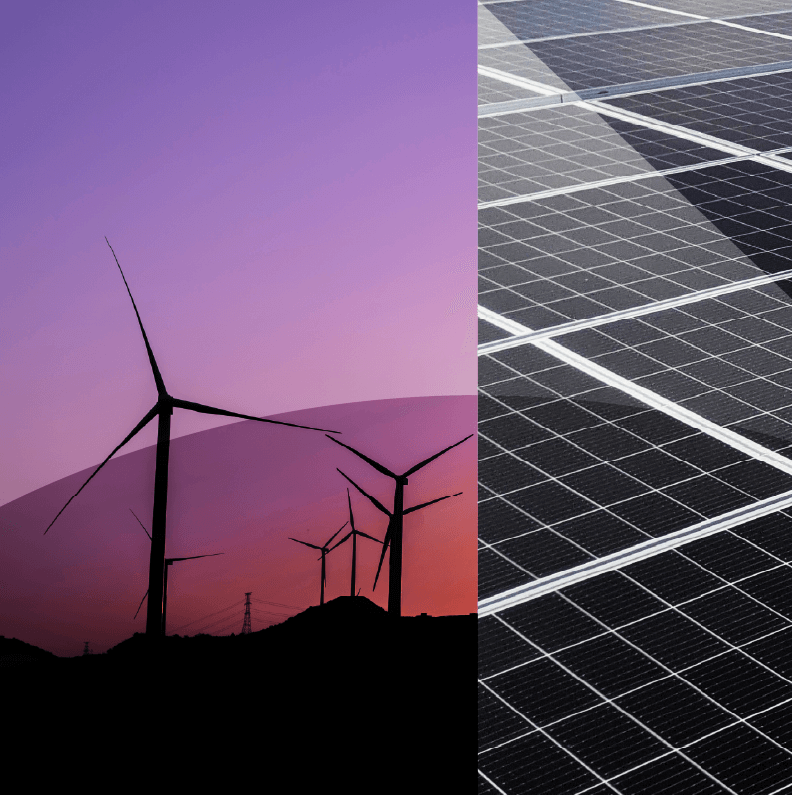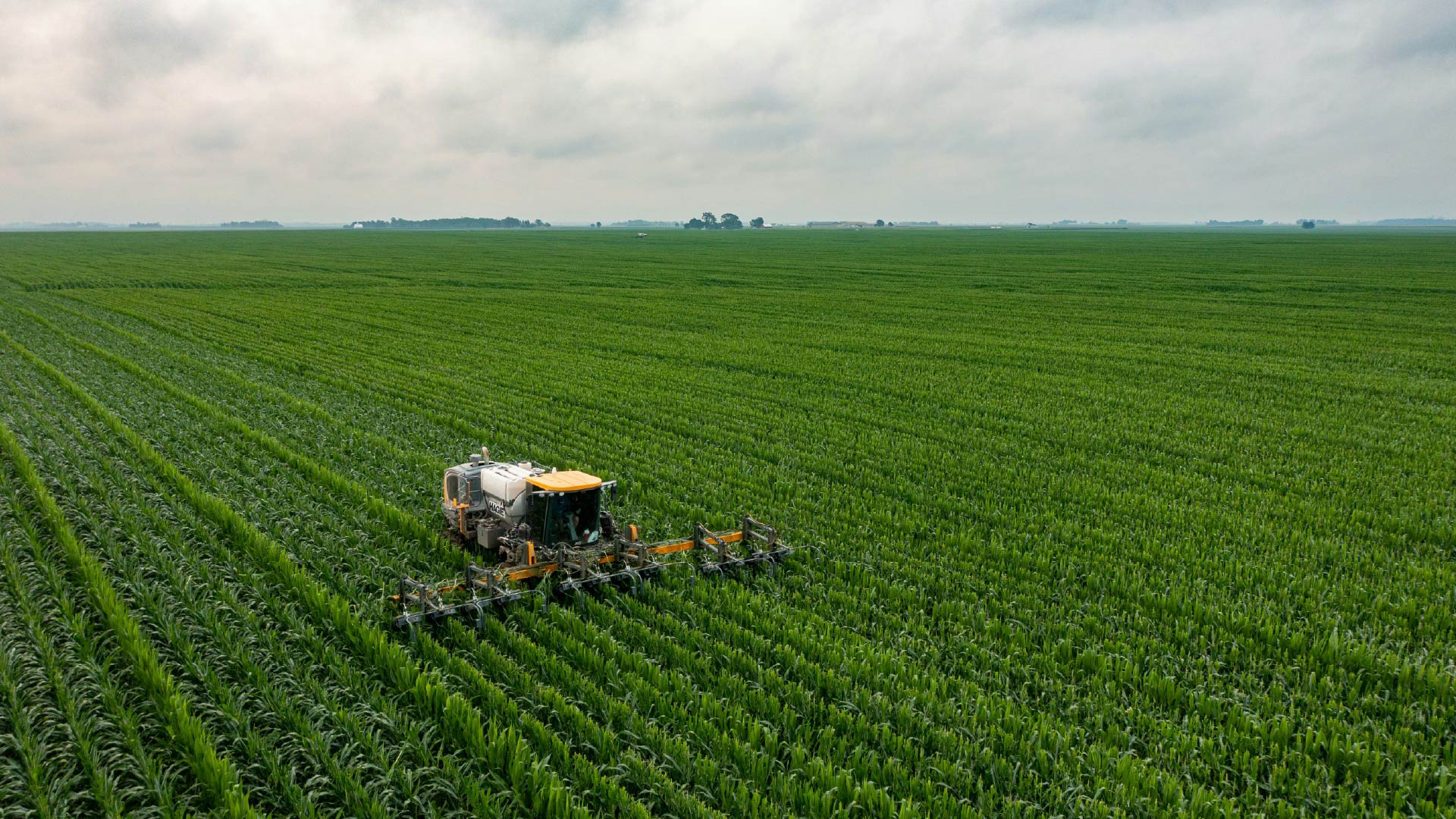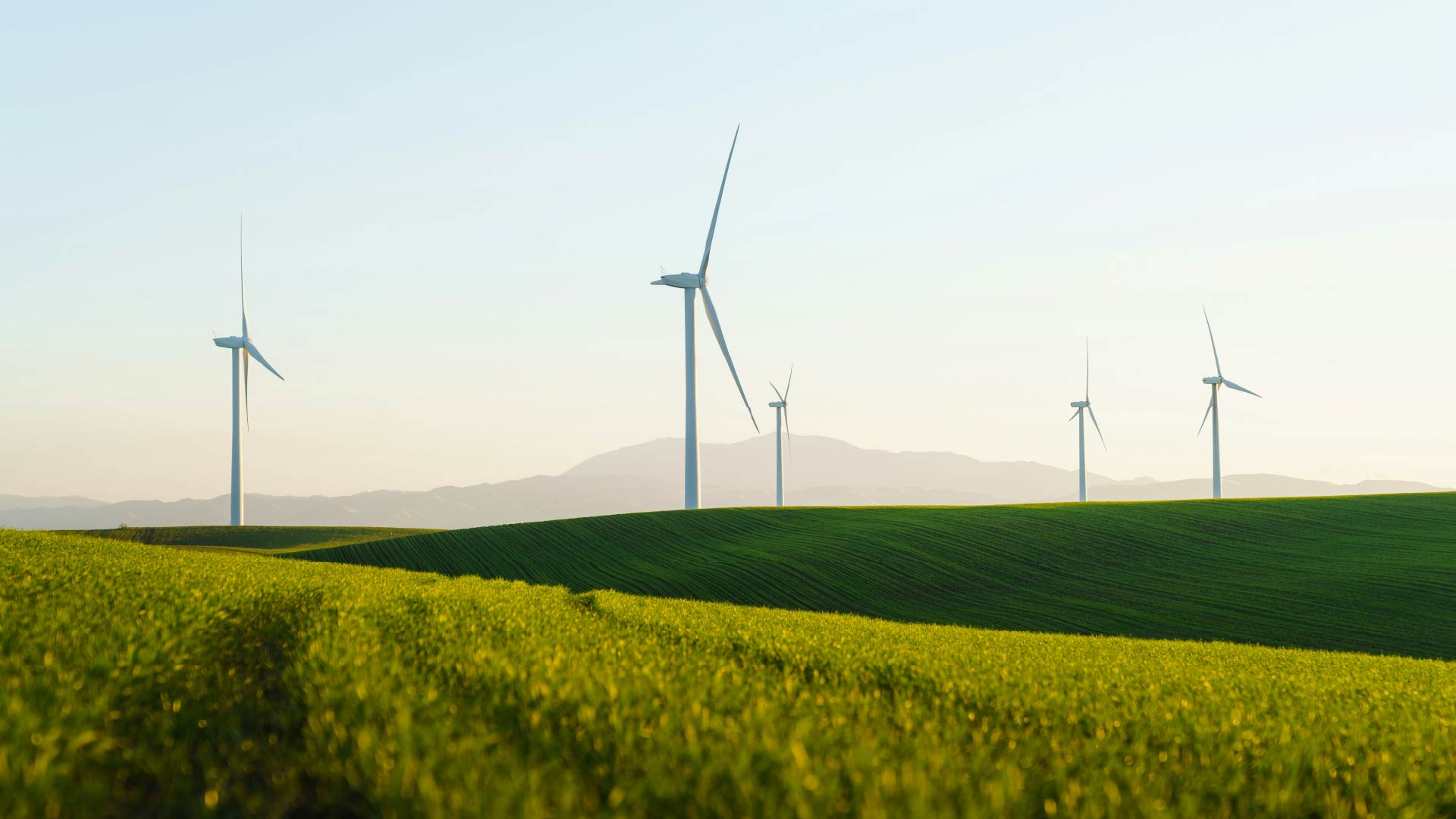We Are Not Talking Enough About The Not-So-Just Transition
The call for a green transition rises and falls in public – and policy – discourse, but its necessity remains unshakeable. Even as anti-ESG rhetoric gains traction in parts of North America, the global consensus holds firm: climate survival depends on a swift, decisive transition to a green economy. And that transition must be just – not in rhetoric, but in practice.
Yet, as we inch closer to this transformation, the disparities it brings into focus are deepening, not narrowing. Over just the past six weeks, we have seen glaring reminders of the growing imbalance playing out across climate policy:
- Shipping emissions and Pacific Nations.
In April 2025, the UN approved a global emissions fee for the shipping industry during the International Maritime Organization (IMO) meeting in London. However, Pacific Island nations and their allies withheld support, citing concerns that the measures lacked the ambition needed to meaningfully reduce emissions or safeguard vulnerable coastal regions.
- Climate finance and Indigenous people.
The State of the World’s Indigenous People report, released on April 24, 2025, revealed a stark gap. Although Indigenous communities comprise just 6% of the global population, they steward 80% of the world’s biodiversity – yet they receive less than 1% of international climate finance. These communities are vital to climate resilience, but their contributions continue to be overlooked in funding and policy priorities.
- Critical minerals and equity in supply chains.
On May 15, 2025, 17 civil society organizations – including Friends of the Earth and Global Justice Now – urged the UK government to revise its strategy for sourcing critical minerals such as cobalt, lithium and nickel. In a joint briefing, they warned that the current approach risks enabling neocolonial exploitation: replicating extractive patterns in resource-rich but economically marginalized regions under the banner of a green transition.
The climate crisis is not only a planetary emergency, but also a social one. As weather extremes intensify, it is the most vulnerable who pay the highest price. The 2025 Global Report on Internal Displacement reported 45.8 million new displacements in 2024 – the highest since monitoring began in 2008 – with 99.5% caused by weather-related events, intensified by climate change.
Without a justice-focused approach, climate action risks reinforcing existing social and economic inequities. Even well-intentioned policies can perpetuate historical injustices when they are developed without the meaningful involvement of affected communities. Environmental justice must move from aspiration to action, ensuring meaningful participation and equitable treatment for all, particularly those who have long been marginalized.
This is not just a policy challenge – it is a business one (see Climate Change And Human Rights: The Business Imperative). Driving a fair and inclusive transition requires collective, systemic change, and businesses are in a powerful position to lead. By embedding social equity into climate and sustainability strategies, they can shape more inclusive outcomes while strengthening resilience and long-term value (see Best Practices: Weaving Social Into ESG And Sustainability Strategies).
Because in the end, a just transition is not just about where we are going. It is about how we get there – and making sure no-one gets left behind along the way.
About The Author

Priyanka Bawa
Principal Analyst





